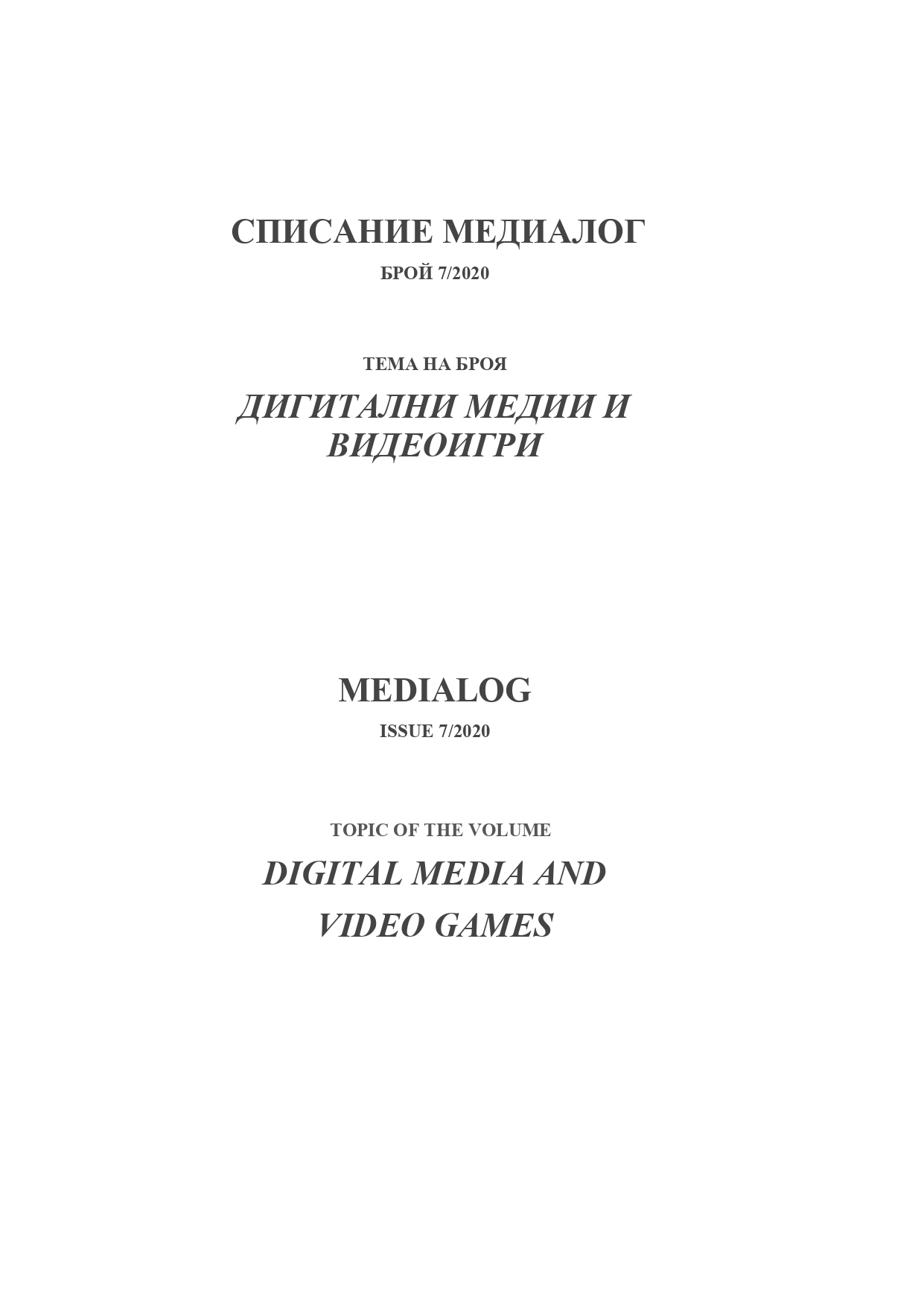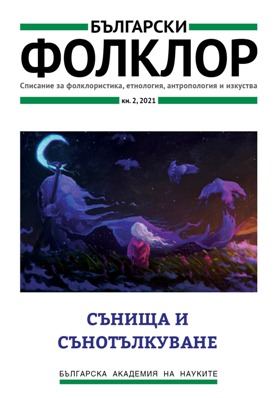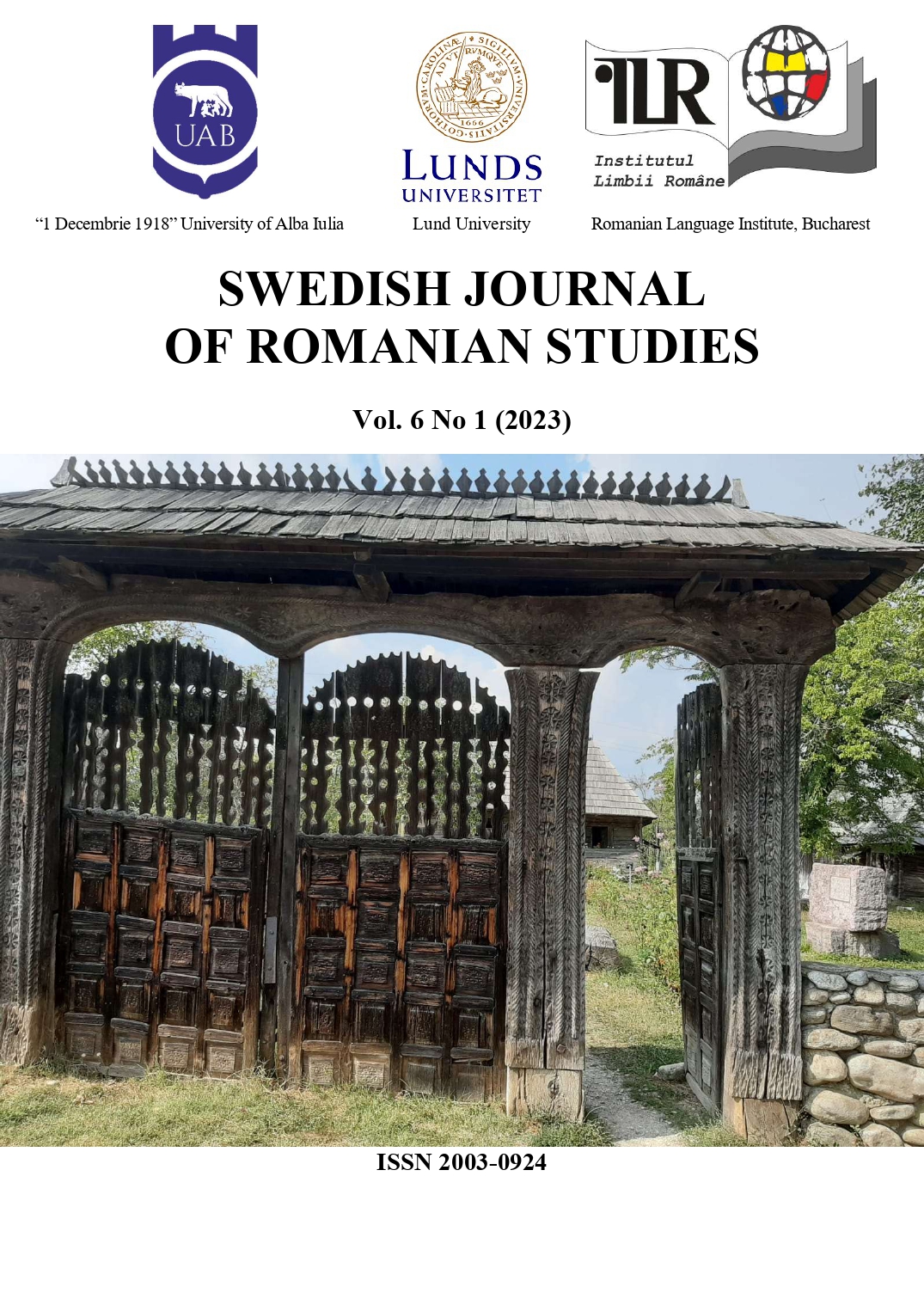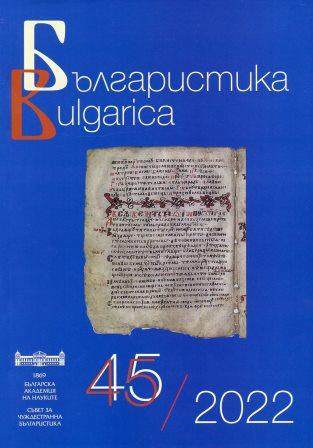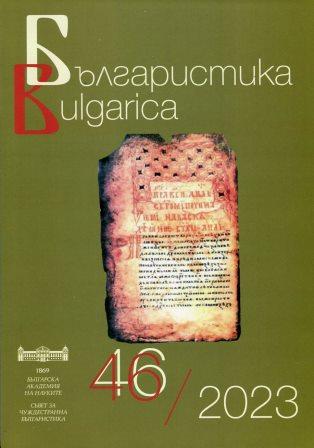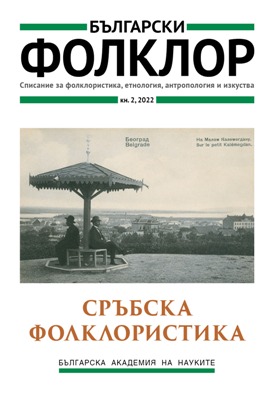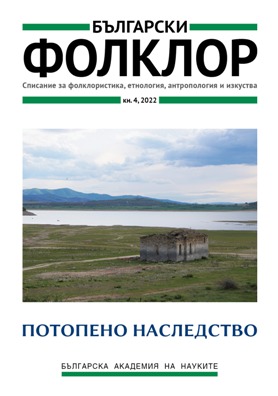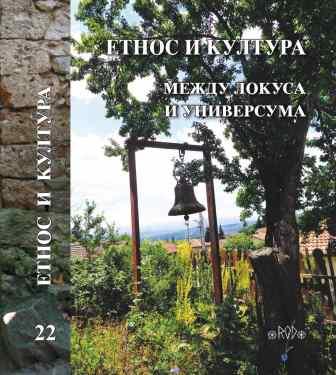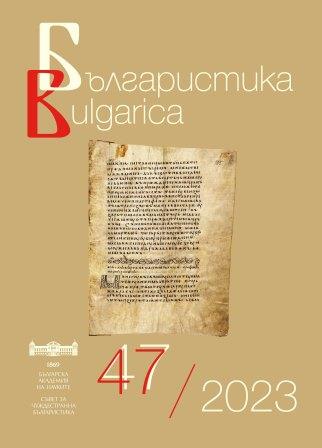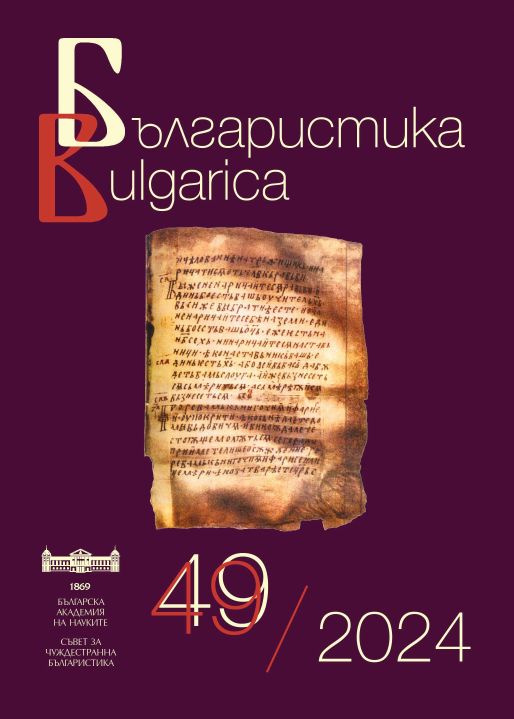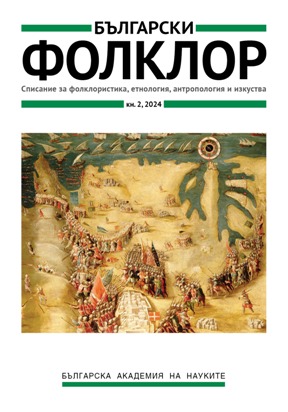Author(s): Lucian Vasile Bâgiu / Language(s): English
Issue: 1/2023
The knowledge existent at present, which generates the need for a new approach to the myth of Dracula, refers to an almost unanimous reception based on the novel published in 1897 by Bram Stoker and on the tens of the subsequent portrayals which have induced a social and cultural paradigm standardized as commercial kitsch. Within this fictitious construct Dracula has been expounded in manifold keys. However, to ordinary perception, his figure is reduced to the semi-caricatural vampire character, the living-dead craving for blood. This article aims to answer a series of questions about the representations of Dracula and their relevance to the fields of cultural and literary studies: Which is the “real” Dracula? Which are the psychological, cultural, social and historical impulses determining the actions of the character and the established myth? To what extent the deeds of the personage can be accounted for through the instrumentality of psychological impetus and by the agency of cultural, philosophical, esoteric, and occult principles? Thus can the “real” Dracula be integrated into an ampler context of culture and civilization, where his alienation and his monstrosity belong less to the paradigm of “the other”, of “the stranger” and refer more to the revealing of some of “our” intimately repressed human features?The article proposes a critical examination and reinterpretation of Dracula’s image, starting from the novel Jurnalul lui Dracula (Dracula’s Diary) (1992) by the Romanian writer and academic Marin Mincu. Original responses are being suggested to the questions defined previously – through several writing and literary theory techniques, including references to Corpus Hermeticum.By comparing and contrasting the hermetic philosophical text and the Romanian novel, the essay aims at finding out whether the entire construct of the myth of Dracula can be explained through two cultural and philosophical aspects, namely death and immortality. It also offers a new reading, another conceptualization of a familiar but debatable subject, which reinterprets and even rejects the mainstream view. The work by the extremely well-informed Romanian academic, which was first published in Italy, has nothing in common with Bram Stoker’s (“vampiric falsification”, asserts the author in the preface…), but vividly portrays the “real” Dracula, the Prince Vlad the Impaler, imprisoned in the underground cave of a castle under the Budapest Danube, writing a journal between February, 2nd, 1463 and August, 28th, 1464. In his diary the character recalls his historical fate and legendary destiny through references to aspects of Romanian culture and civilization considered in a European context. For instance, the study approaches topics such as: the religion of Zalmoxis as the philosophical and existential foundation of the Romanians; Dacians’ attitude towards death, as described by Herodotus, which might have influenced Pythagoras, Socrates, the Eleusinian and the Orphic Mysteries; the boycott of history by the Romanian people (an echo from philosopher Lucian Blaga’s writings); the orality of the Romanian culture (as opposed to the written culture of the western Europe); the oral folkloric creations, the ballad Miorița (The Little Ewe) and the fairy-tale Tinerețe fără bătrânețe și viață fără de moarte (Youth without old age and life without death), etc. All of these are put forward within the humanistic, Renaissance context of the epoch, given that Dracula was a friend of Marsilio Ficino, Nicolaus Cusanus, Pope Pius II, Cosimo de’ Medici, etc. Researchers will discover new speculative themes and directions with regard to the seemingly exhausted myth of Dracula.
More...
